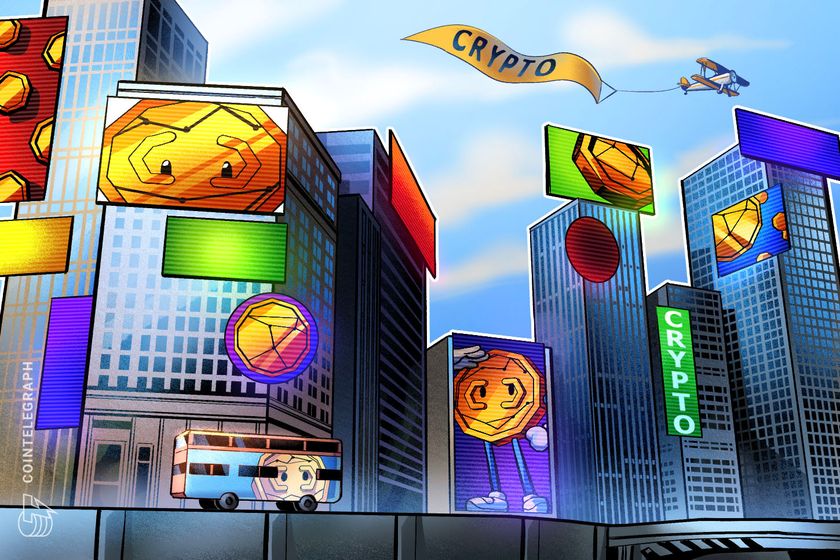Iota's ShimmerEVM joins Fireblocks, targets demand for assets tokenization



The Iota Foundation wants to capitalize on institutional demand for real-world assets tokenization, which reached $342 billion in September, according to VanEck data.
Open-source blockchain developer Iota has taken another step to meet institutional demand for asset tokenization by integrating its Shimmer EVM-compatible chain with Fireblocks.
Data from VanEck Research shows the total market capitalization for tokenized real-world assets (RWA) reached $342 billion in September, despite the bear market and the crypto industry headwinds. According to Dominik Schiener, co-founder of Iota, the network is building infrastructure and solutions to address the escalating demand for RWA tokenization.
“We can expect many large institutional investors and financial institutions to give their public support for digital assets in 2024. With clear regulations and newfound public support through these institutions and the imminent ETFs, we are well on our way to make institutional investors the dominant market participants,” noted Schiener.







